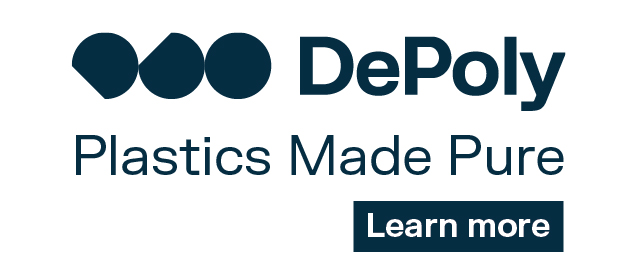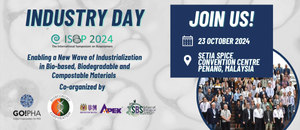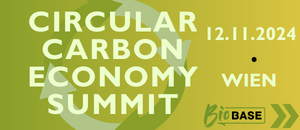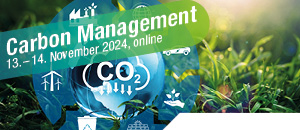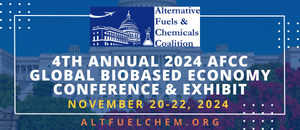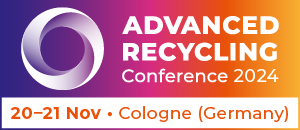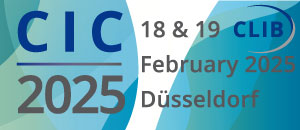The very first edition of the new Biobased Packaging catalogue, compiled by Wageningen UR Food & Biobased Research was presented on September 30th by the Dutch Ministry of Economic Affairs to the NVC Netherlands Packaging Center.
The catalogue offers a comprehensive overview of the various types biobased packaging that is currently available and the applications for which this is used. The idea behind the catalogue, which was put together in collaboration with a number of producers of biobased materials and packaging, was to present a clear review of the options and possibilities for utilizing sustainable and biobased packaging on a commercial basis.
Sustainable packaging
Sustainable packaging is currently generating a great deal of interest among consumers, industry and the public authorities. The term is a wide one; it can refer to such varying measures as decreasing the amount of packaging used or the recycling of packaging materials to the use of environmentally friendly materials. Biobased materials are an important group of materials that can deliver environmental benefits due to lower CO2 emissions during their manufacture and the use of plant-based feedstocks instead of feedstocks based on fossil fuel.
The Biobased Packaging catalogue
The Ministry of Economic Affairs had commissioned Wageningen UR Food & Biobased Research to put together a reference work detailing the current applications options for biobased materials. The new catalogue outlines these clearly and concisely, and demonstrates the extent to which these materials are already being successfully applied, in packaging for products ranging from delicatessen meats, to household cleaning products, cosmetics, beverages and transportation packaging.
Interesting advantages of biobased plastics
The most successful applications are those in which the specific properties and advantages of the biobased plastics are taken advantage of. Biobased plastic packaging often offers enhanced ‘breathing’ properties, ensuring that fresh products such as lettuce or bread stay fresher, longer. A number of these plastics are naturally anti-static, which means that fewer additives are needed compared to conventional plastics. Compostable plastics are not required to be separately disposed of but can be disposed of together with the other organic household waste.
Teaching by doing
The Dutch Ministry of Economic Affairs aims to stimulate the use of biobased materials, for example by setting up pilot programs for sustainable purchasing. The new catalogue is intended for buyers, users and producers of packaging materials, as well as for policy officers at public organizations.
Source
Wageningen UR, press release, 2014-10-03.
Supplier
Dutch Ministry of Economic Affairs
NVC Netherlands Packaging Centre
Wageningen University
Share
Renewable Carbon News – Daily Newsletter
Subscribe to our daily email newsletter – the world's leading newsletter on renewable materials and chemicals





